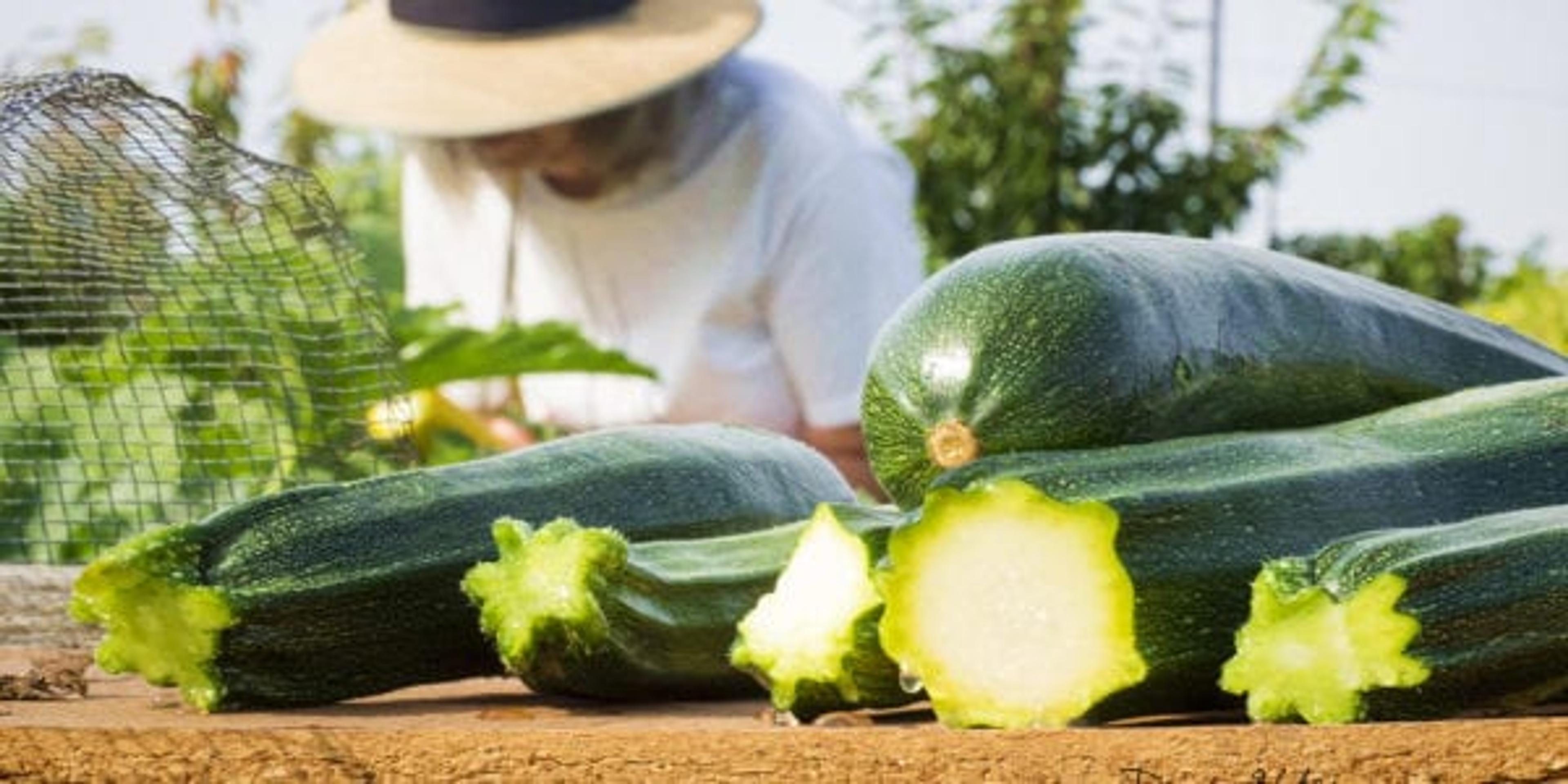The Secret to Growing Fruits and Vegetables–No Yard Required
| 3 min read

It’s no wonder people love to garden: Growing your own fruits, vegetables and herbs can improve your health and save you a lot of money at the grocery store. But if you live in a city or don’t have a big yard, you might think you can’t have a garden. You’d be wrong.
All over Michigan, community gardens make it possible for people without lots of land to dig in the dirt and grow their own fresh produce to eat. In cities, community gardens are usually created out of vacant lots that are divided into plots for individuals and families to use. Typically, community gardeners share a shed, tools, water, compost, seeds and plants.
If you’ve never gardened before, you may not realize just how much you and your community will benefit.
- Gardeners are less likely to be overweight or obese.
- Gardening counts as a form of physical activity.
- Gardeners have more access to fresh fruits and vegetables (which are essential for maintaining a healthy diet).
- Urban gardens turn empty lots into beautiful pieces of land.
- You will get to know your neighbors better and feel like you are a part of your community.
Where can you find a community garden in Michigan?
A good place to start is to check out the website for the American Community Gardening Association. The “Find a Garden” page lists ones located near where you live. Beyond that, there are a few organizations around the state you should know about, too.
- Project Grow is based in Ann Arbor and is staffed by experts who will teach you everything you need to know to successfully grow fresh produce.
- The Michigan Urban Farming Initiative is a non-profit organization that is developing an urban garden in Detroit’s North End. Since 2011, more than 3,000 volunteers have worked with the organization to grow food without the use of synthetic fertilizers and pesticides. The initiative’s Brush Street Farm, located north of downtown Detroit, covers a full acre of land.
- Keep Growing Detroit provides resources and support for more than 1,400 gardens and farms in Detroit, Hamtramck and Highland Park.
- Edible Flint will help you start your own garden and, for a fee, will even deliver compost and till the land for you.
If there isn’t space at a nearby garden (or there isn’t one near you at all), think about starting your own. Before planting any seeds, read over these six steps that aspiring urban gardeners should take before getting started, including finding a suitable location, testing the soil for potential risks and constructing a layout that will accommodate children and elderly people.
Excited to exercise your green thumb? Check out these other blogs that will help you grow your own food all year long:
Photo credit: Dana





